

The workshop was hosted by Lin Jiaqiao, the joint director of REEI. At the beginning of the meeting, Zhao Ang, the joint director of REEI, delivered an opening speech. He first expressed his gratitude to the guests, and then introduced the historical process of the REEI Energy Review. In 2019, the REEI was released for the fifth time. On the issue of energy transformation, REEI has extensive research experience in carbon pricing and clean air policy. This energy review focuses on the low-level aspects of transportation, and conducts research and analysis through various aspects such as sustainable urban traffic, the impact of traffic pollution on health, and China's low-emission transportation policy.
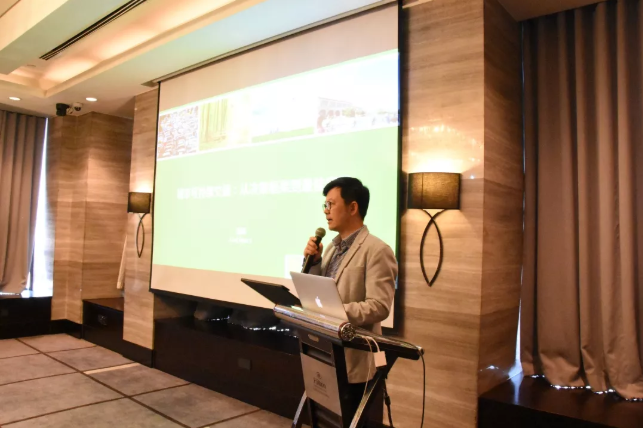
Later, Zhao Ang shared the theme of “Sustainable Urban Transport: From Decision-Making Framework to Best Practices”. In the sharing, Zhao Ang proposed that the decision-making in the low-ranking field of transportation needs to be considered from the aspects of environment, society and economy. The difficulty of developing sustainable transportation in China is in the implementation process, and the way out is creative change and action.
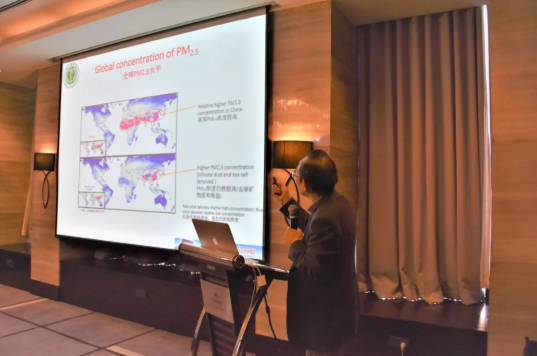
REEI Director Pan Xiaochuan, a professor and doctoral tutor at Peking University School of Public Health, shared his views with the participants on the theme of “Traffic pollution impact on population health and prevention and control benefits”. He believes that with the continuous development of the city, the car ownership will increase, and the resulting emission of automobile exhaust pollutants will have a great impact on people's health. It is very important to include health effects in the formulation of low-discharge policies in the transportation sector necessary.
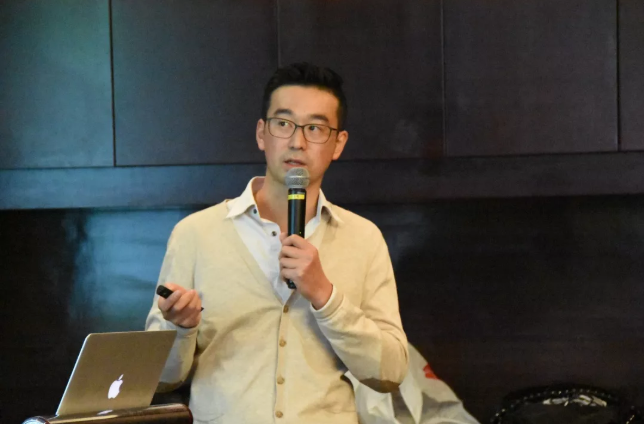
Lin Jiaqiao, the joint director of REEI, gave a low-emissions policy in China's transportation sector and how to enhance the commitments of the transportation department in China's NDC. In his share of "From the perspective of climate change, China's transportation sector", he suggested that China should increase the commitment of the transportation sector before the NDC update, and improve the commitment to the development of electric vehicles by clarifying the peak year of emissions from the transportation sector and so on to make a commitment.
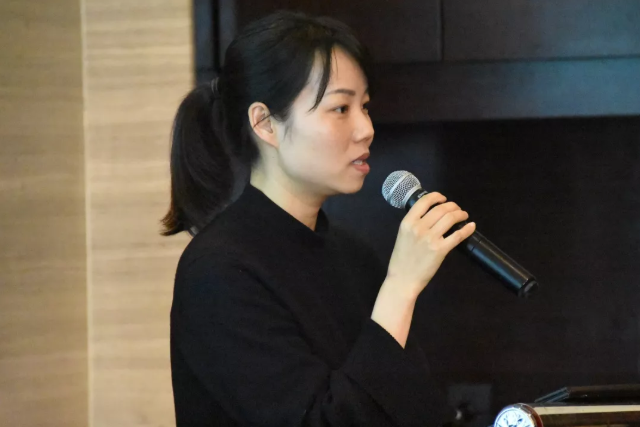
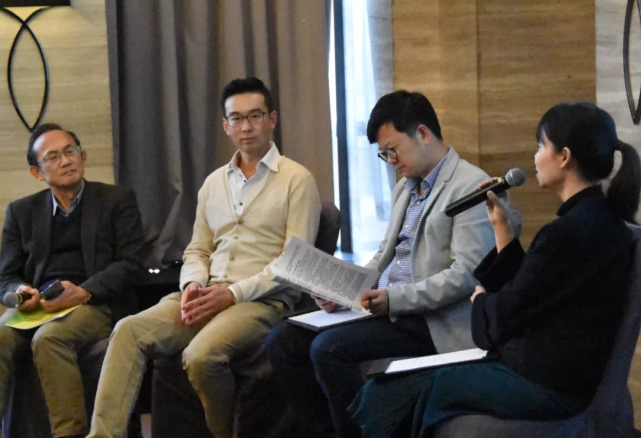
The round-table discussion session was hosted by Li Shanshan. The three sharers and the participants discussed the sharing of the content and shared their views on the practicality of the existing transportation policy.
Conclusion
The content of the REEI Energy Review Workshop is the result of case analysis of low-emissions in the field of transportation and low-emissions in China's transportation sector.However, as we discussed, the difficulty of energy transformation in China's transportation sector is in the implementation stage, but the way out In creative change and action. The demand for transportation energy will be more and more, and the standards for traffic pollution emissions will be more stringent. Whether it is energy conservation or emission reduction, or even everyone is concerned about health effects, this requires the joint efforts of many participants, but the low-profile situation in China's transportation sector. It is imperative.
This article is the original article of the REEI. Please contact us for authorization and indicate the source.
For article cooperation and authorization, please send an email to:liying@reei.org.cn




